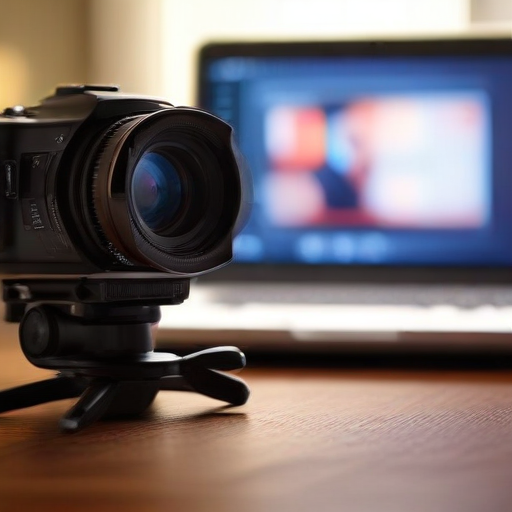OpenAI has officially launched its highly anticipated AI video generation software, Sora, today—nearly 10 months after its initial preview in February 2024. The newly upgraded version, dubbed Sora Turbo, will be accessible to subscribers of ChatGPT Plus and Pro for $20 and $200 monthly, respectively, primarily to users in the U.S. and select countries outside the EU and UK.
Sam Altman, cofounder and CEO of OpenAI, announced the release during a YouTube livestream event as part of the company’s holiday series, “12 Days of OpenAI.” Sora is designed to create videos based on text inputs or still images, generating clips that last between 10 and 20 seconds. It offers a variety of resolutions—ranging from 480p to 1080p—and aspect ratios, including landscape, square, and vertical formats.
The interface of Sora is user-friendly and includes options for viewing generated content in grid or list forms. A distinct feature is the Storyboarding mode, which allows users to produce several interlinked clips displayed in a timeline format. This function aims to ensure smooth transitions between clips, with users able to adjust the timing for more abrupt or gradual cuts.
For ChatGPT Plus subscribers, there is a monthly limit of 50 video generations at the base resolution, while the Pro plan caters to professionals with benefits like higher resolutions, extended clip lengths, and unlimited generation capabilities at slower speeds. OpenAI also plans to introduce customizable pricing models to accommodate varying user needs by early 2025.
The excitement surrounding Sora’s release was initially sparked by tech YouTuber Marques Brownlee, who previewed the software. He highlighted its capability to produce remarkably realistic videos, but also noted some of its shortcomings, such as generating nonsensical text and occasionally unrealistic physics in the footage. He pointed out that OpenAI has implemented strict regulations to prevent the generation of likenesses of real individuals, as well as to avoid violent or explicit content.
The launch follows an incident where early testers leaked the software on an AI code-sharing platform as a protest against OpenAI’s beta testing practices, voicing concerns over inadequate compensation for their contributions.
Despite its promising start, Sora enters a competitive market for AI video generation, with several other platforms like Runway, Luma AI, and Chinese competitors developing similar technologies. Although OpenAI’s name recognition may help boost Sora’s popularity, it will face significant competition that could affect its long-term success.
In summary, OpenAI’s Sora represents a significant advancement in AI video generation technology, offering exciting possibilities for creators. While there are challenges ahead, the launch signifies a step forward in making sophisticated video editing tools more accessible to users, potentially transforming the landscape of content creation. The innovative features combined with OpenAI’s commitment to improving the software may ultimately lead to a positive impact on the industry as it adapts to these new capabilities.
